Senior US general acknowledges great progress in Iran’s missile power
The commander of US Central Command has acknowledged the significant progress that Iran has made in its ballistic missile capabilities in recent years, saying Tehran’s precision-guided missile attack on the US-run Ain al-Assad air base in Iraq last year is proof of the advancement.
“The one thing the Iranians have done over the last three to five years is they built a very capable ballistic missile platform,” General Kenneth McKenzie told TIME magazine.
In January 2020, Iran’s Islamic Revolution Guards Corps (IRGC) launched a barrage of ballistic missiles at two US-run bases in Iraq as part of its promised revenge days after the US military assassinated its Quds Force Commander Lieutenant General Soleimani in Baghdad. Iran called the IRGC’s strikes “Operation Martyr Soleimani.”
The missiles targeted an airbase in Iraq’s Erbil as well as the Ain al-Asad airbase in the Arab country’s western province of Anbar, in what Tehran described as a “first slap.”
“Those missiles hit within tens of meters of their targets,” McKenzie claimed, noting that Iran’s missiles have a proven capability to strike targets with precision.
According to the US Defense Department, more than 100 American forces suffered “traumatic brain injuries” during the counterstrike on the US base. Iran, however, says Washington uses the term to mask the number of the Americans who perished during the retaliation.
Elsewhere in his remarks, the American general also said the Islamic Republic had not made the decision to build a nuclear warhead, but voiced concerns about Iran’s nuclear energy program’s progress
“They’re very close this time,” McKenzie claimed. “I think they like the idea of being able to breakout.”
Throughout the years, Iran has repeatedly reassured the world, in particular its neighbors, that its nuclear program is for purely peaceful purposes and that it has no intention of developing nuclear weapons.
Leader of the Islamic Revolution Ayatollah Seyyed Ali Khamenei has even issued a fatwa (religious decree) banning the acquisition, development, and use of nuclear weapons as contrary to Islamic principles and beliefs.
Iran also signed a nuclear agreement with six world powers in 2015 to reassure the world of the peaceful nature of its nuclear program. However, the deal was abrogated by former US President Trump in 2018 in favor of what he called the “maximum pressure” campaign against the Islamic Republic.
The top US commander in the Middle East threatened that his forces stood ready with a potential military option should the talks to restore the deal fail.
“The diplomats are in the lead on this, but Central Command always has a variety of plans that we could execute if directed,” he said.
Diplomatic efforts have been ongoing in the Austrian capital, Vienna, since April to bring the US back into the deal and remove its anti-Iran sanctions after the miserable failure of the so-called maximum pressure policy.
Iran has declared that its participation in the Vienna talks aims to have all US sanctions removed, clarifying time and again that it would reciprocate a verifiable removal of the sanctions by resuming all of its nuclear obligations under the nuclear pact.
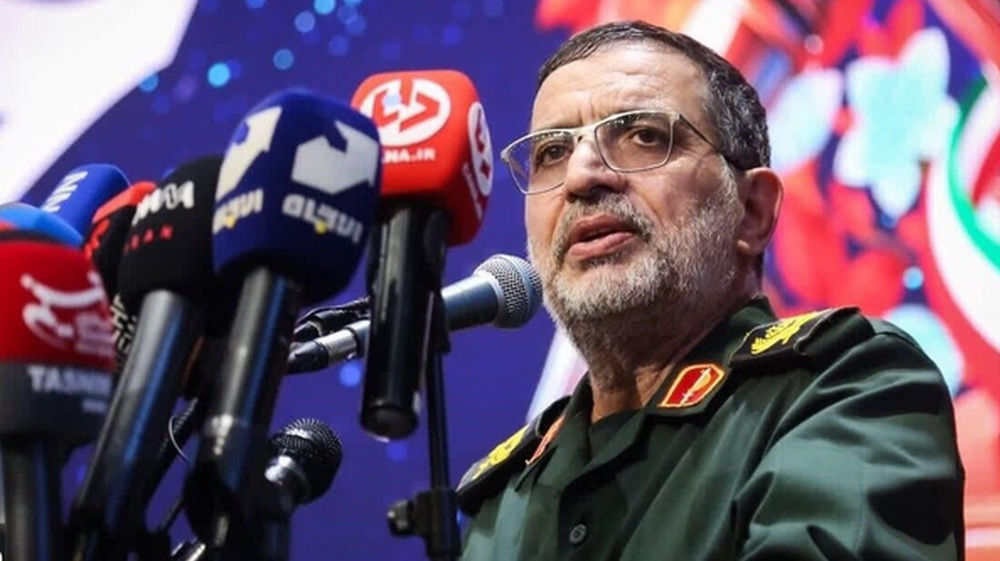
‘Guardians of Revolution’: IRGC warns enemies it is at ‘peak of all-out readiness’
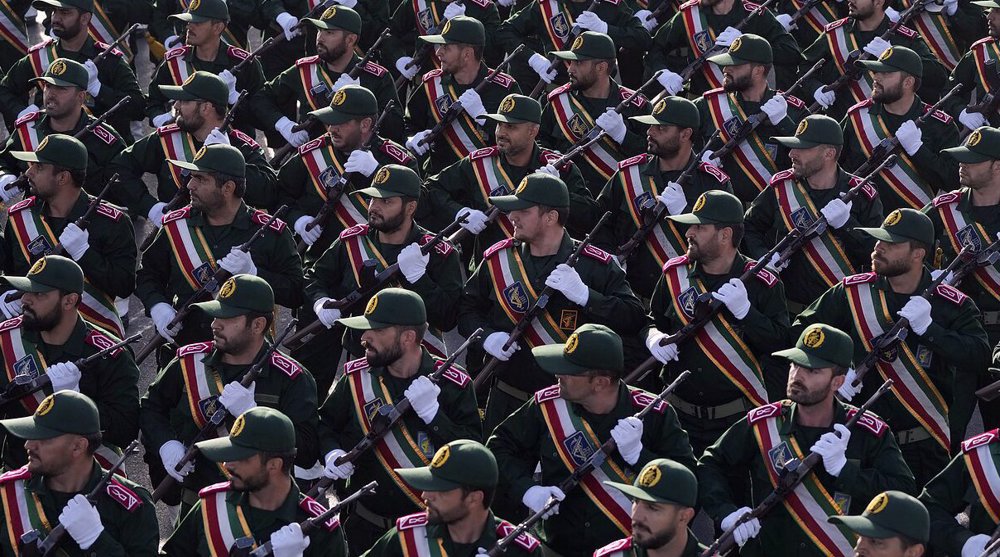
‘Deterrent and defensive’: Armed Forces say IRGC vanquishes any enemy at any level
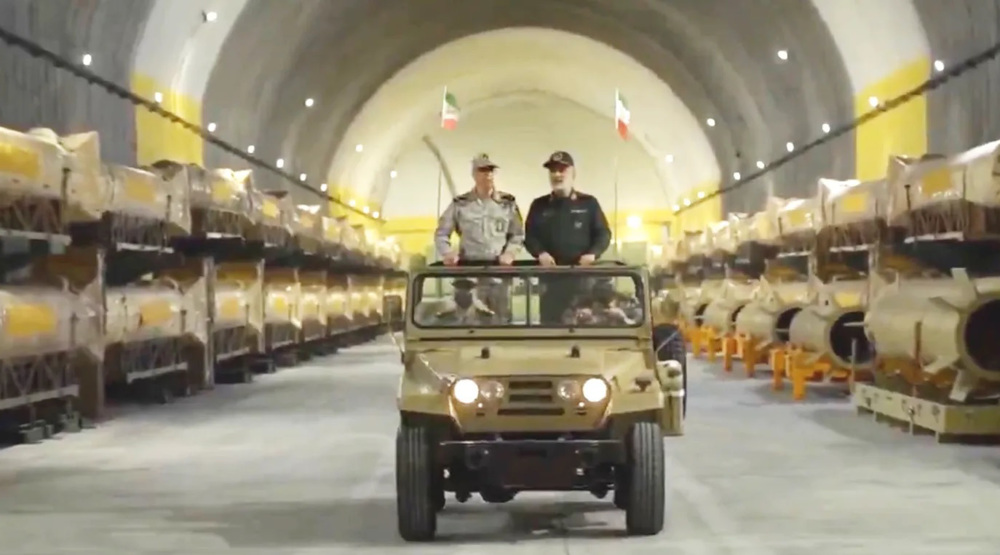
Iranian Armed Forces achieve ‘most sophisticated’ defense technology: Military official
Iran, China working resolutely to safeguard mutual interests: Tehran says as FM departs for Beijing
Yemen asserts enhanced military readiness; takes US aircraft carriers under firepower
VIDEO | Iran seeks foreign investment to boost oil, gas sectors
Iran condemns terror attack in India's Kashmir region
After second Signalgate scandal, Democrats call for Hegseth’s resignation
Mahmoud Khalil missed son's birth after US officials denied temporary release
Iran’s annual inflation up 0.7% to 33.2% in April: SCI
Ayatollah Sistani offers condolences on passing of Pope, hails his role in promoting peace


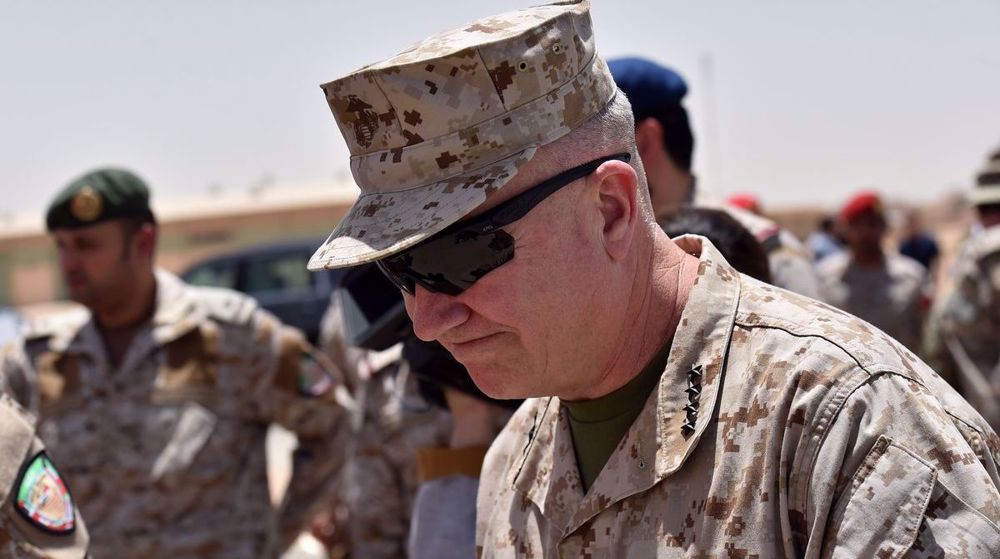
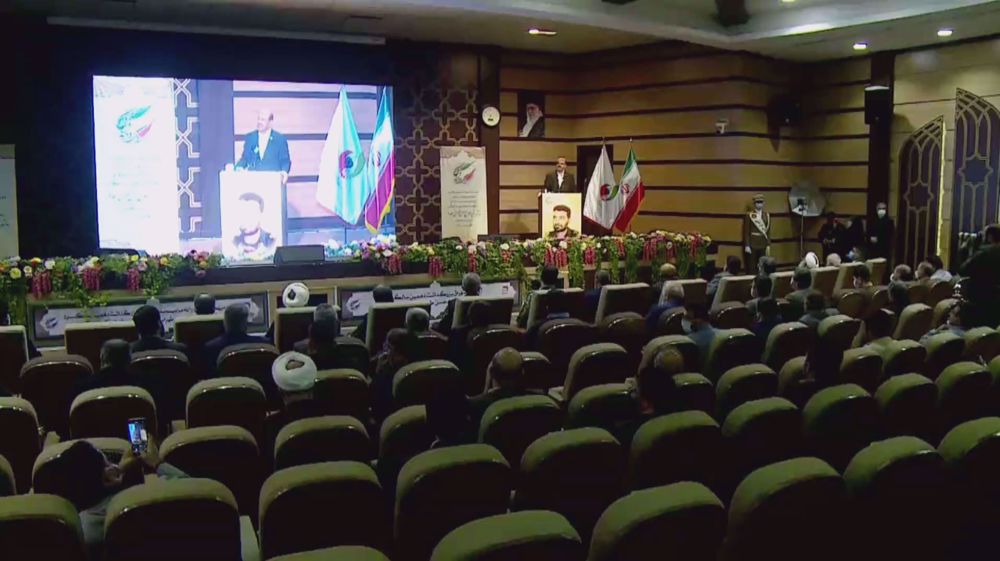
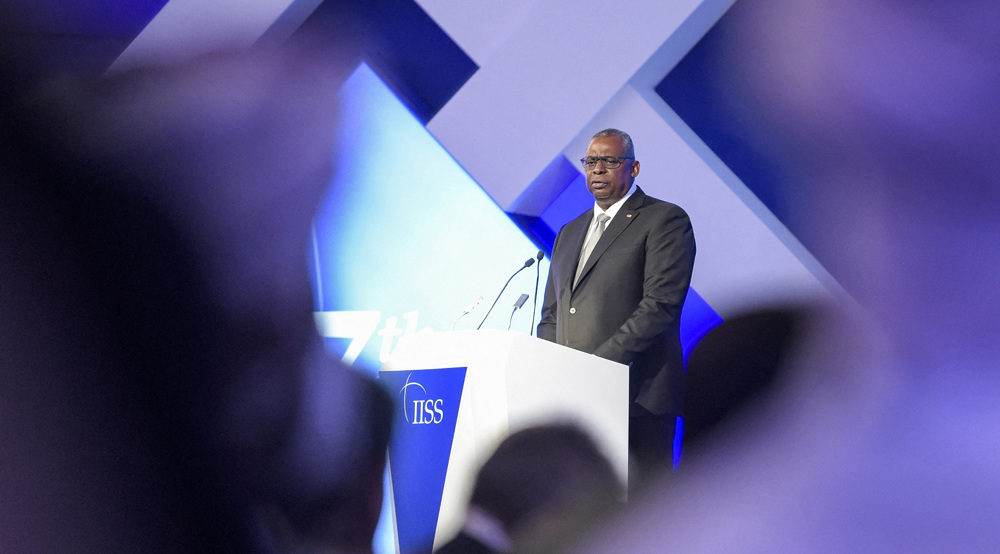



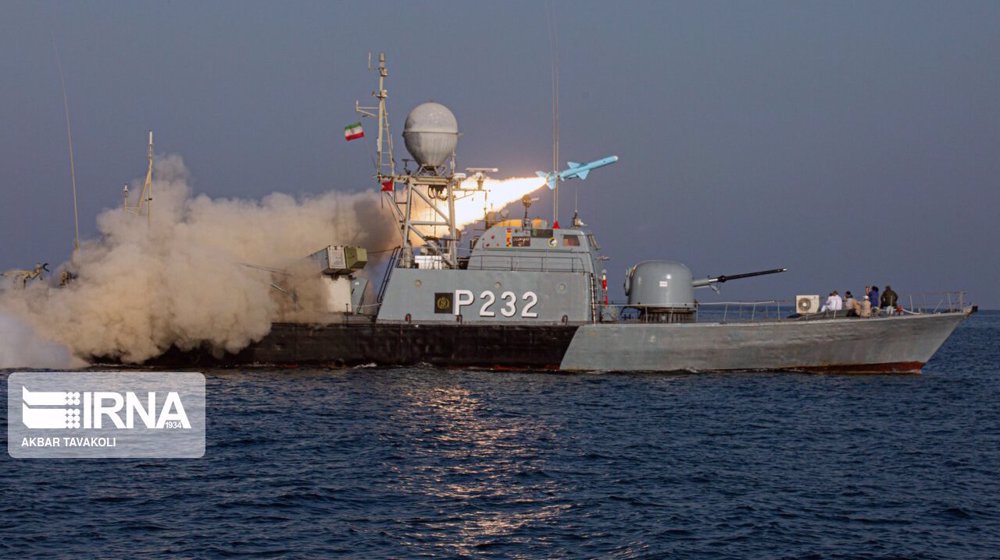
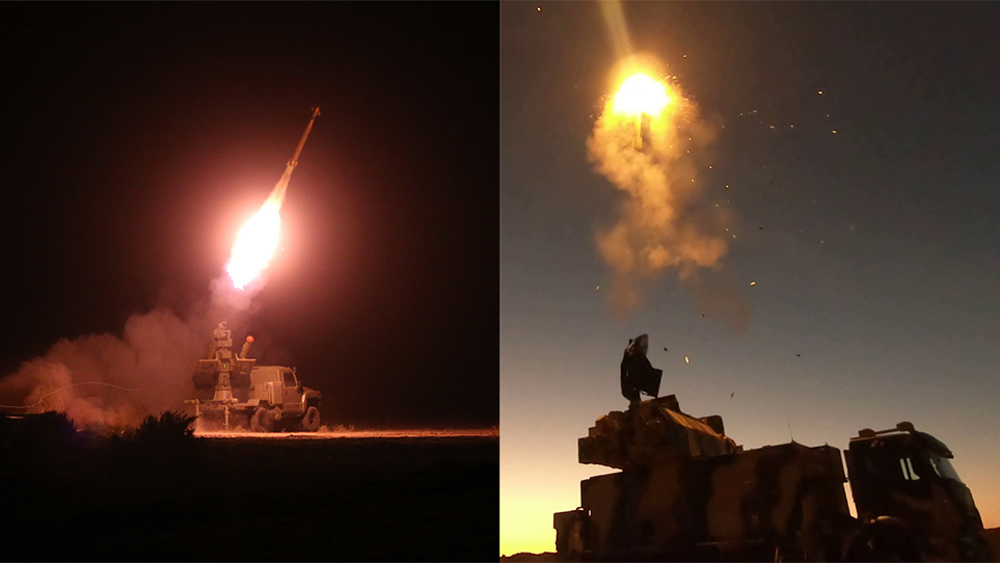
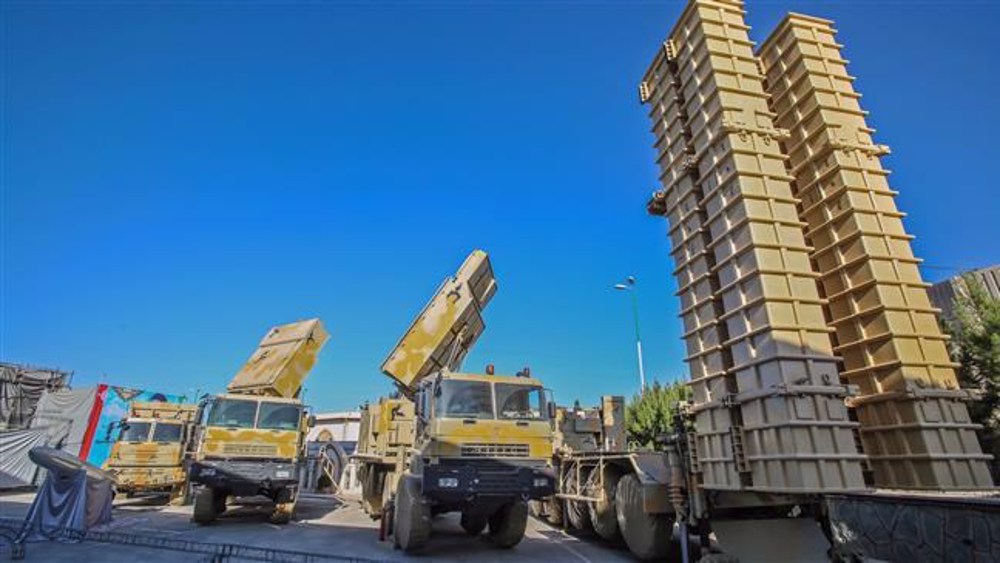
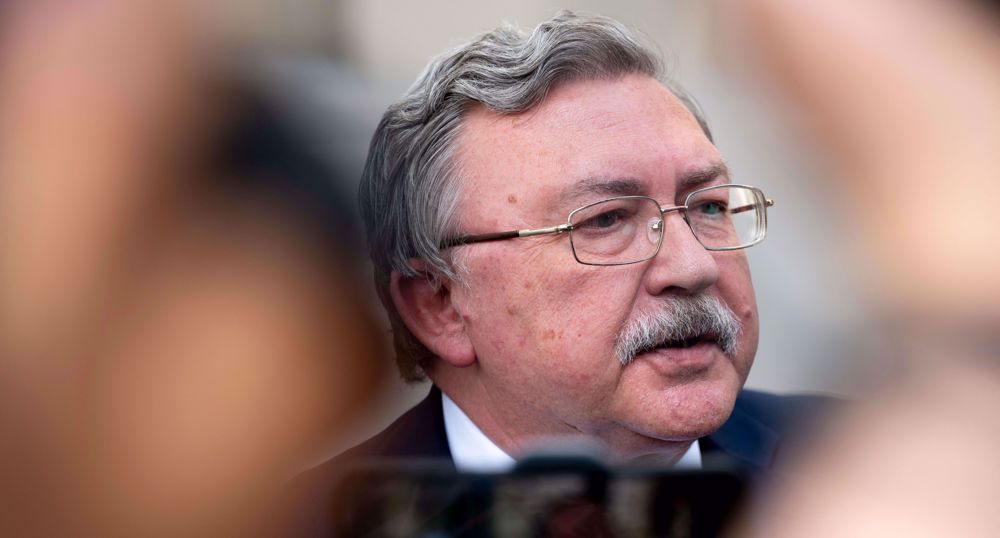

 This makes it easy to access the Press TV website
This makes it easy to access the Press TV website